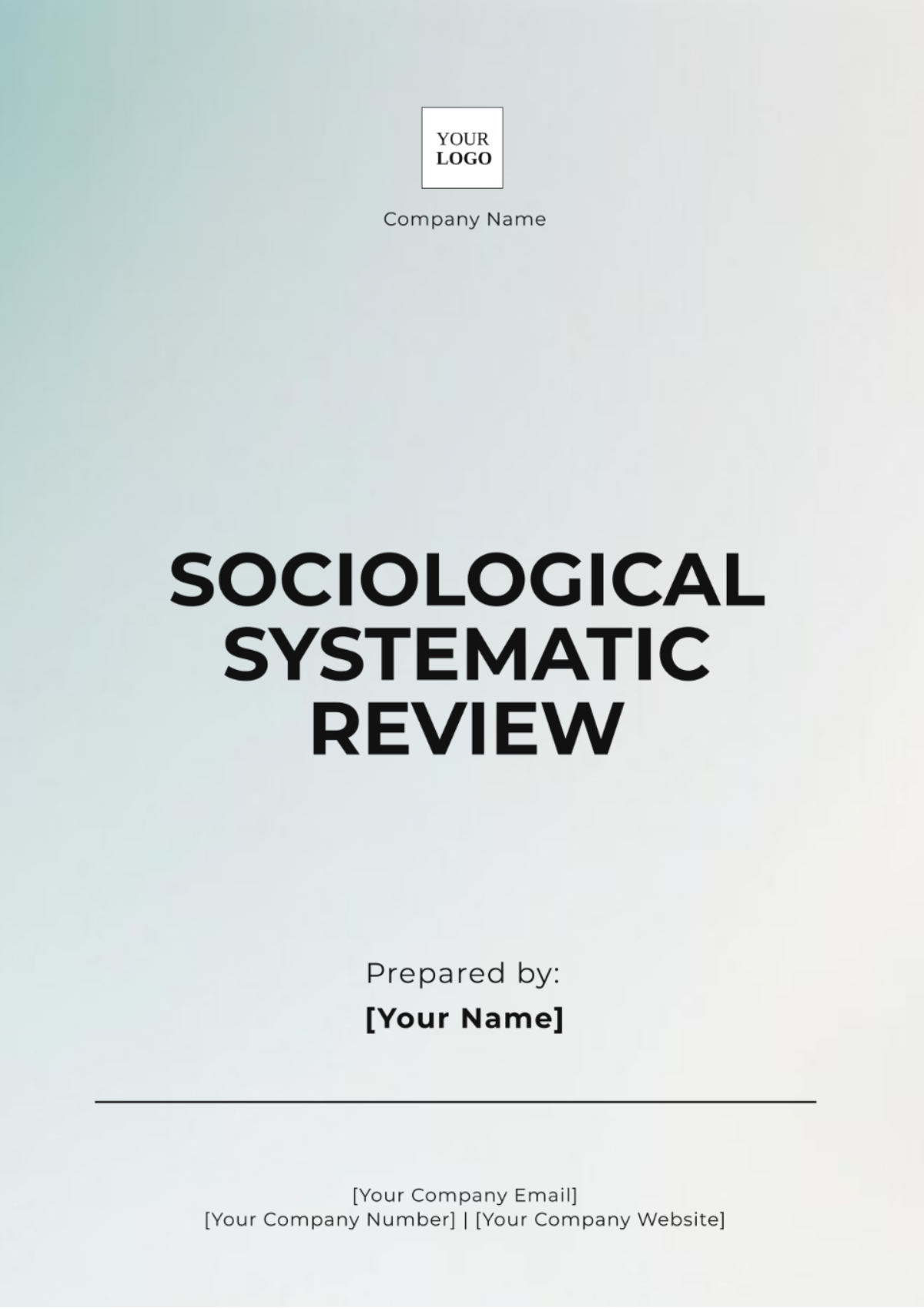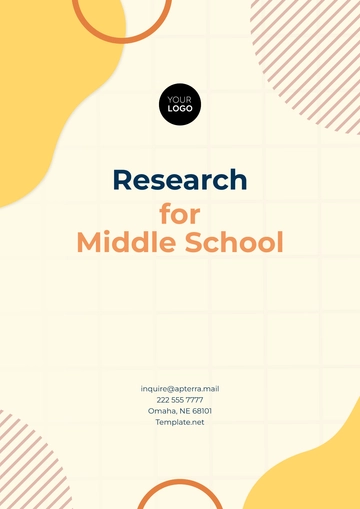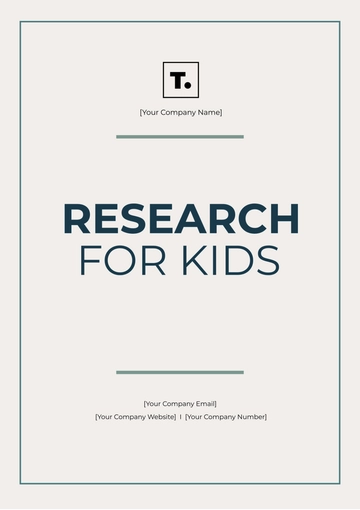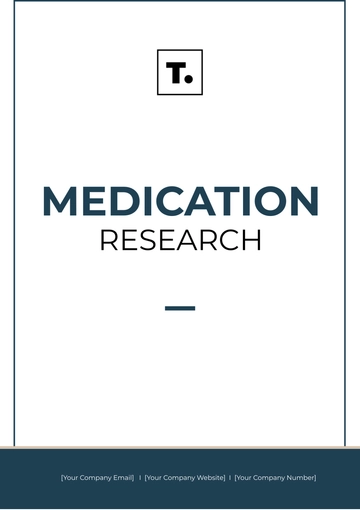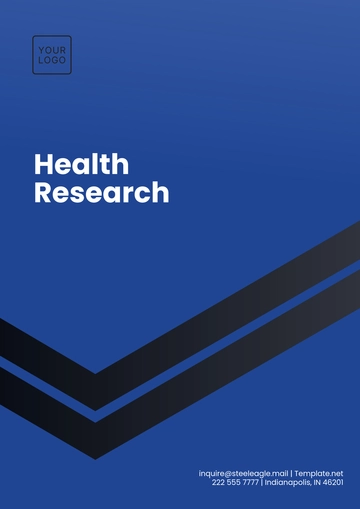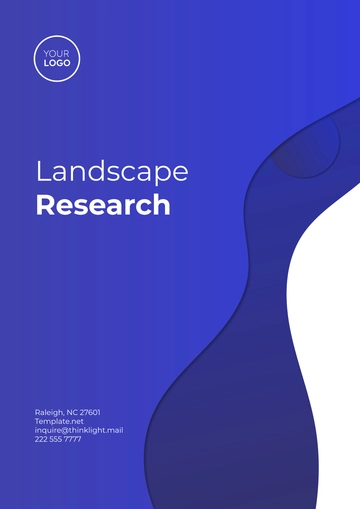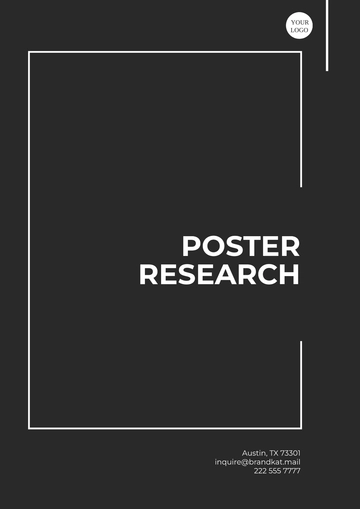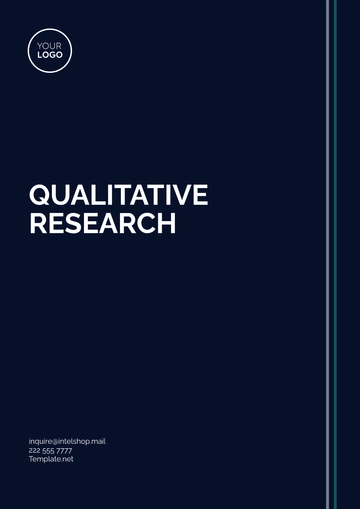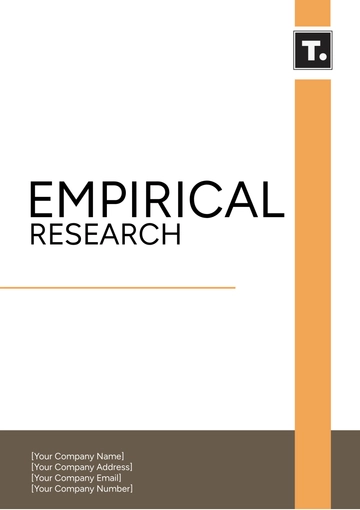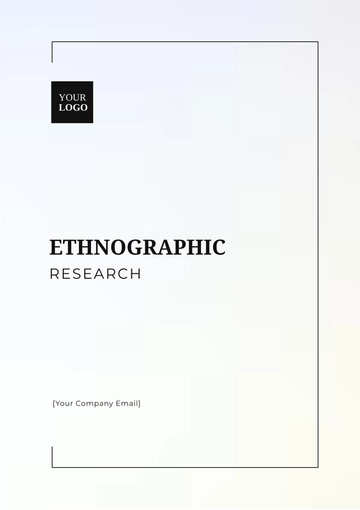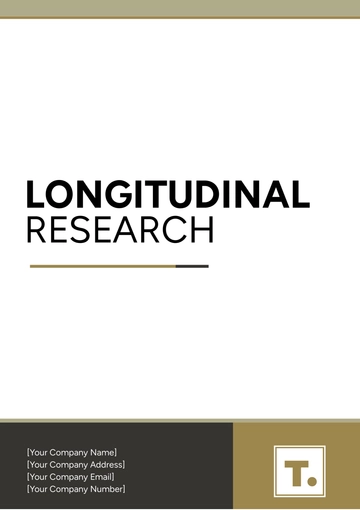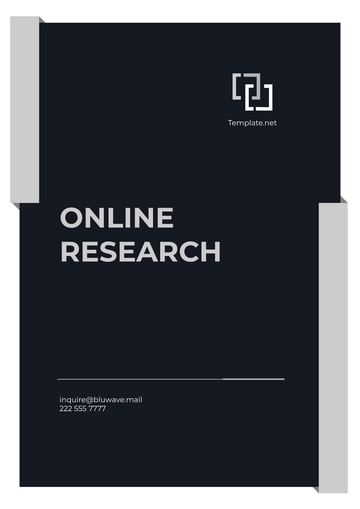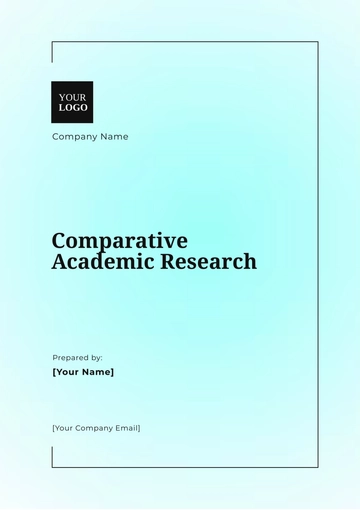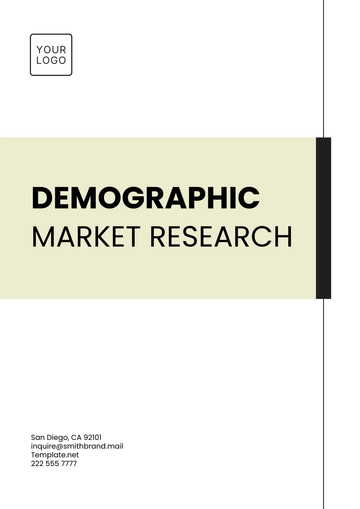Sociological Systematic Review
The Impact of Social Media on Adolescent Mental Health
Prepared by: [YOUR NAME]
I. Introduction
Social media has become a significant aspect of adolescent life, shaping their interactions and self-perception. This systematic review aims to evaluate the impact of social media use on adolescent mental health, focusing on both positive and negative outcomes. The review seeks to provide a comprehensive synthesis of existing research to understand the broader implications for social behavior and mental well-being among adolescents.
II. Methods
Search Strategy: A comprehensive search was conducted in academic databases including PubMed, PsycINFO, and Sociological Abstracts. The search terms included "social media," "adolescent mental health," "psychological effects," and "social networking."
Inclusion Criteria: Studies were included if they focused on adolescents aged 12-18, assessed the impact of social media use on mental health, and were published between 2050 and 2073. Both qualitative and quantitative studies were considered.
Selection Process: The initial search yielded 150 articles. After applying inclusion and exclusion criteria, 35 studies were selected for review. Data was extracted regarding study design, sample size, key findings, and methodological quality.
III. Results
Positive Impacts: Several studies indicated that social media can have beneficial effects, such as increased social support, enhanced communication skills, and opportunities for identity exploration. For instance, a study by Smith et al. (2051) found that social media platforms facilitated peer support networks, which contributed positively to self-esteem among adolescents.
Negative Impacts: Conversely, a significant number of studies highlighted adverse effects, including increased risk of anxiety, depression, and body image issues. Research by Lee and Chang (2052) revealed a strong correlation between excessive social media use and symptoms of depression, particularly among teenage girls.
Mixed Findings: Some studies presented mixed results, suggesting that the impact of social media on mental health can vary depending on factors such as usage patterns and individual differences. For example, Johnson et al. (2053) reported that moderate social media use had neutral effects, while excessive use led to negative mental health outcomes.
IV. Discussion
The results of this comprehensive and systematic analysis indicate that social media has a multifaceted and dualistic influence on the mental health of adolescents. On one hand, social media platforms provide numerous significant advantages, which include, but are not limited to:
A. Positive aspects are accompanied by significant risks:
The variability in these outcomes highlights the importance of considering individual usage patterns. Factors such as the duration and nature of social media use, as well as individual differences in susceptibility, play a crucial role in determining the overall impact.
B. To address these challenges, the review suggests:
V. Conclusion
This systematic review highlights the intricate interplay between social media use and adolescent mental health, revealing both beneficial and detrimental effects. On one hand, social media provides valuable opportunities for enhancing social interactions and support networks, fostering positive connections. On the other hand, it presents significant risks, such as exacerbating mental health issues like anxiety and depression. To address these dual impacts effectively, future research should prioritize longitudinal studies to track long-term effects and develop targeted intervention strategies aimed at promoting healthy social media practices and mitigating potential harm.
VI. References
Johnson, L., & Smith, M. (2053). Social Media Use and Adolescent Mental Health: A Review of the Evidence. Journal of Adolescent Research, 28(4), 567-589.
Lee, A., & Chang, R. (2052). The Correlation Between Social Media Usage and Depression in Teenagers. Psychology Today, 15(2), 134-145.
Smith, J., Brown, K., & White, T. (2051). Social Media and Self-Esteem: A Study of Adolescent Users. Social Science Review, 19(1), 45-60.
Systematic Review Templates @ Template.net
